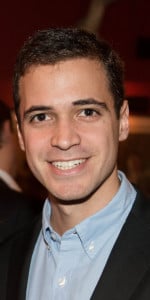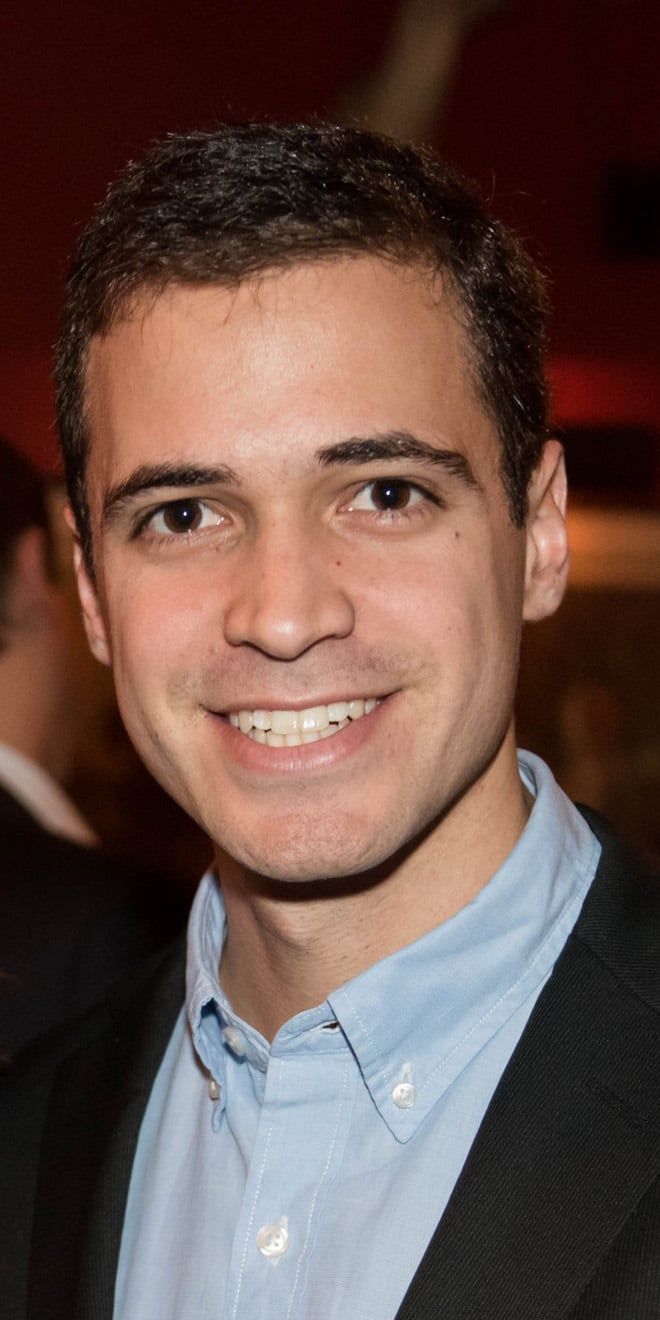
This week’s Glamorous Grad Student, Diogo Peixoto, is a sixth-year Ph.D. candidate in neurobiology. Peixoto is researching the neural basis for perceptual decision making and the brain circuits that combine visual information to make categorical decisions. The Daily spoke with Diogo about his experiences in the lab and the path that led him to pursue neuroscience.
The Stanford Daily (TSD): What is a typical day like for you?
Diogo Peixoto (DP): I would say a typical day — which is not what happens now that I’m finished with experiments — would be having someone run my rig in the morning, while I did analysis. Then, in the afternoon, I would run my own experiments, look at my data and maybe do some writing, if I [had] time. I would say it’s a 50-50 split between data analysis and data collection. You work on a schedule so that you always maximize the output of your experimental rig. When you’re doing data analysis, someone else is using it, and then you switch.
TSD: How did you come to your current choice of study?
DP: It was not a very straightforward path. I majored in physics in Portugal, and then I did the first year of my master’s program in statistical and nonlinear physics, still in Portugal. During the first year of my master’s, I applied to an international graduate program in neuroscience, and it was through that that I ended up coming to Stanford.
TSD: What made you decided to apply to neuroscience after studying physics throughout undergrad and graduate school?
DP: Well, I was fascinated by physics, and I wanted to understand the laws of nature from a very mathematical sense. After that, it’s not that I was discouraged by research in physics, I was just more interested in biological systems, and I thought, “Which one is the most fascinating system I can think of?” And that’s how I ended up becoming interested in the brain, because of its complexity and the fact that we are sometimes so unaware of its amazing capabilities [and] still don’t really understand how a lot of things work.
TSD: What type of community does your department have?
DP: I would say that it’s a pretty tight-knit community. It’s very relaxed in terms of the atmosphere, but I think there are pretty high expectations for everyone in terms of scientific achievements. It’s a great balance. There’s no real competition between anyone because we all have different projects that we work on. Everyone likes to see everyone else succeed, and we all go to each other’s talks and defenses, or we celebrate when people get papers out. It’s a really great community in that sense; it’s very supportive.
TSD: What is your favorite bonding story from grad school thus far?
DP: I think it’s a natural course of a graduate student to be involved in the first four years. But by the fifth and sixth year[s], you start just focusing on defending and getting things out. But the retreats are always great. For the last four or five years, we’ve had an annual ski trip just for neuro students and friends. It’s not organized by [the department], but it’s something that the students put together, with a few people in charge who set everything up. Once a few of us snowboarded with my former program director, John Huguenard, which was really cool. He was way better than us, and so he showed us some routes. So that was a pretty fun memory.
TSD: Do you have any department rivalries?
DP: I wouldn’t say so. I think, because we’re so interdisciplinary, we don’t have any rivalries — not to my knowledge at least. We bring people from so many backgrounds, so that kind of thing doesn’t really exist.
TSD: You can only save one thing from your office/desk. What is it?
DP: I think that might be a pretty boring one. I have a hard drive with all my raw data. I have it backed up in a private server as well, but it gives me a peace of mind to have that hard drive sitting there, just in case something happens. There’s around three years of data there.
Contact Stephanie Zhang at szhang3 ‘at’ stanford.edu.
